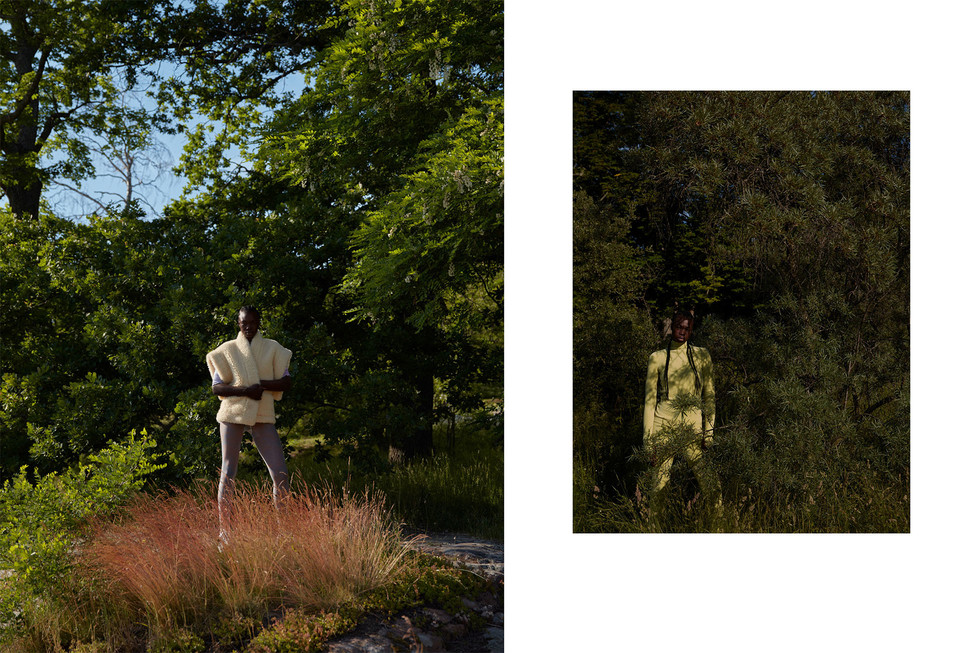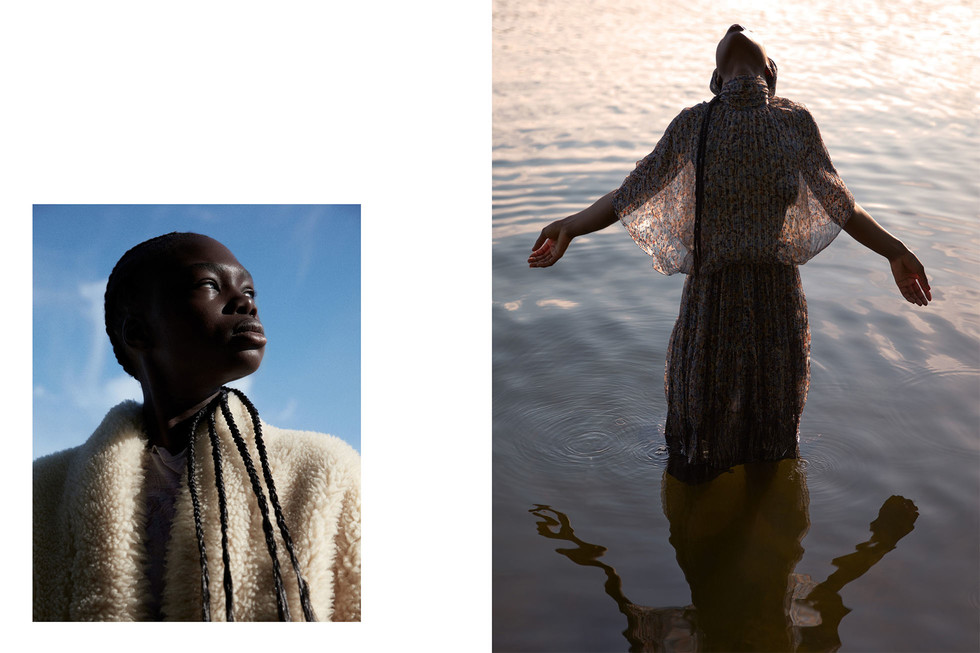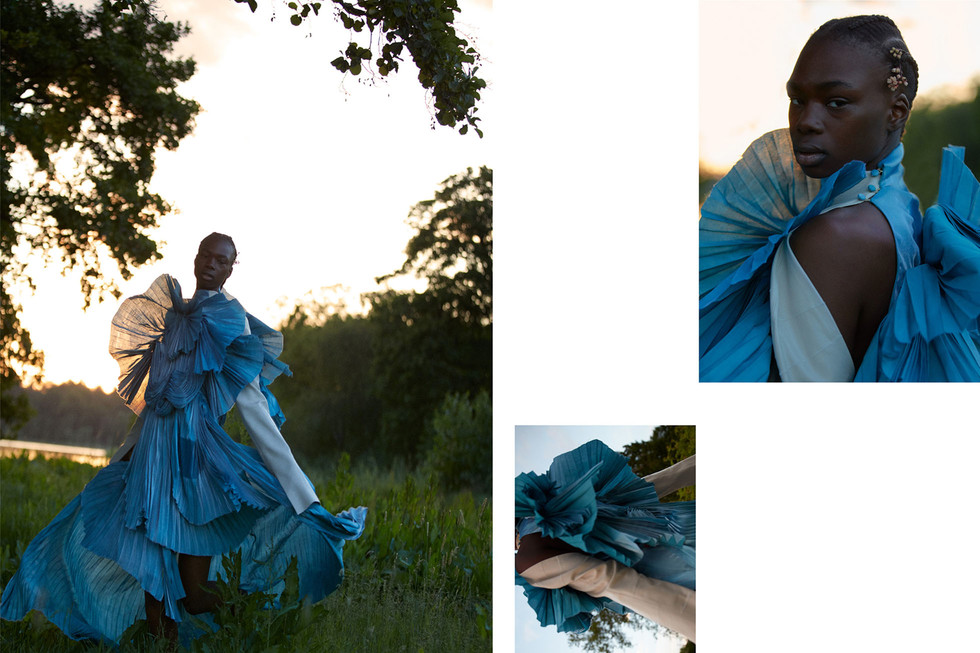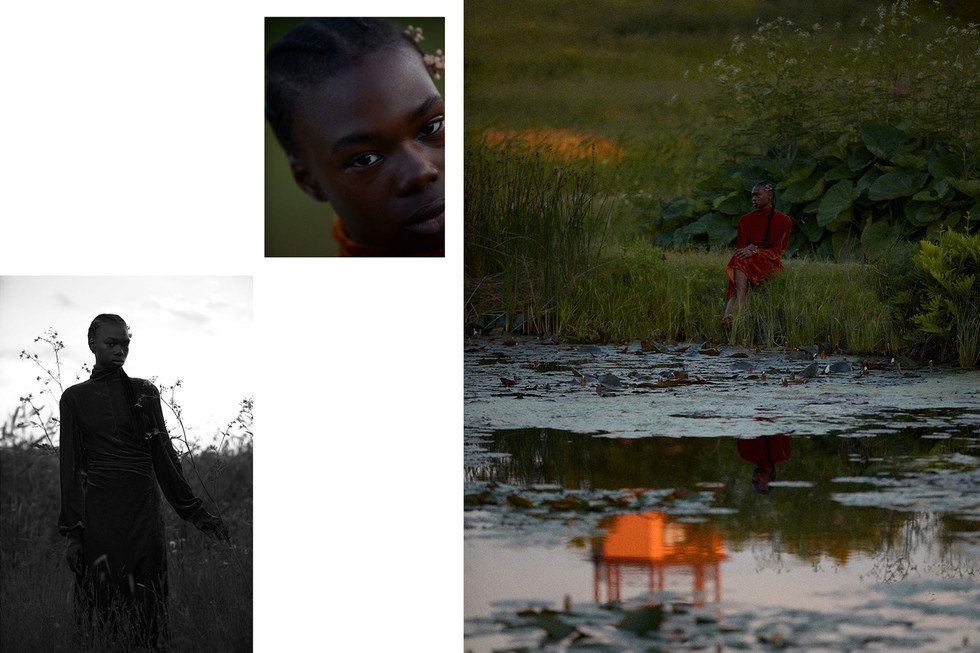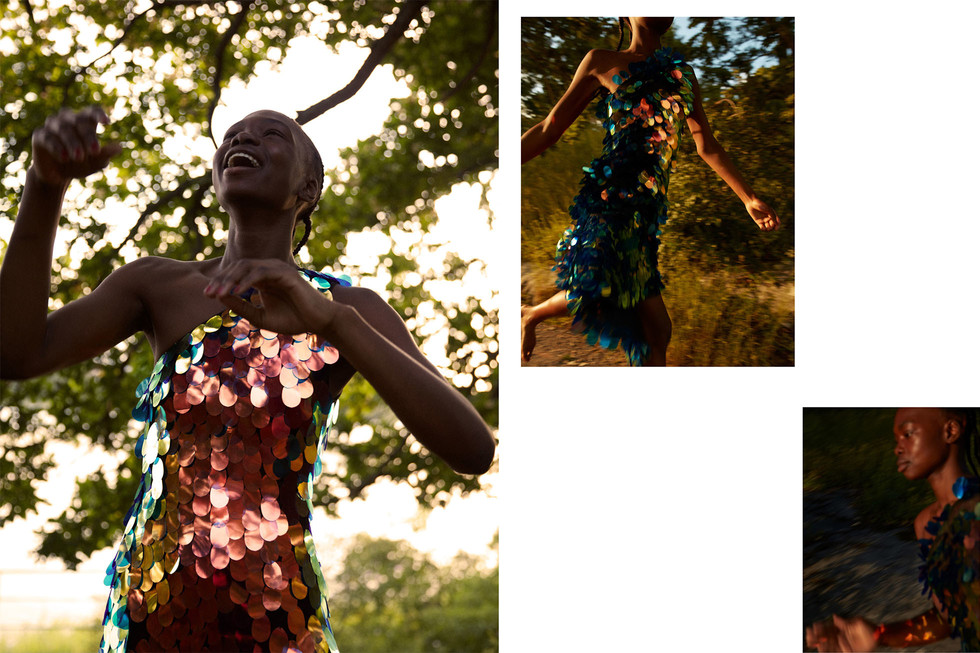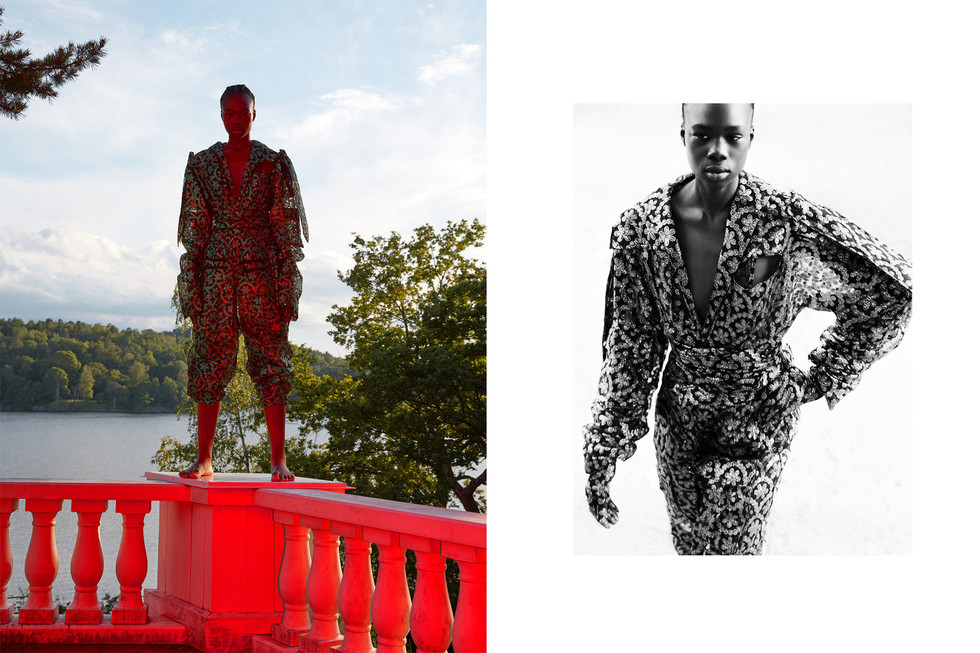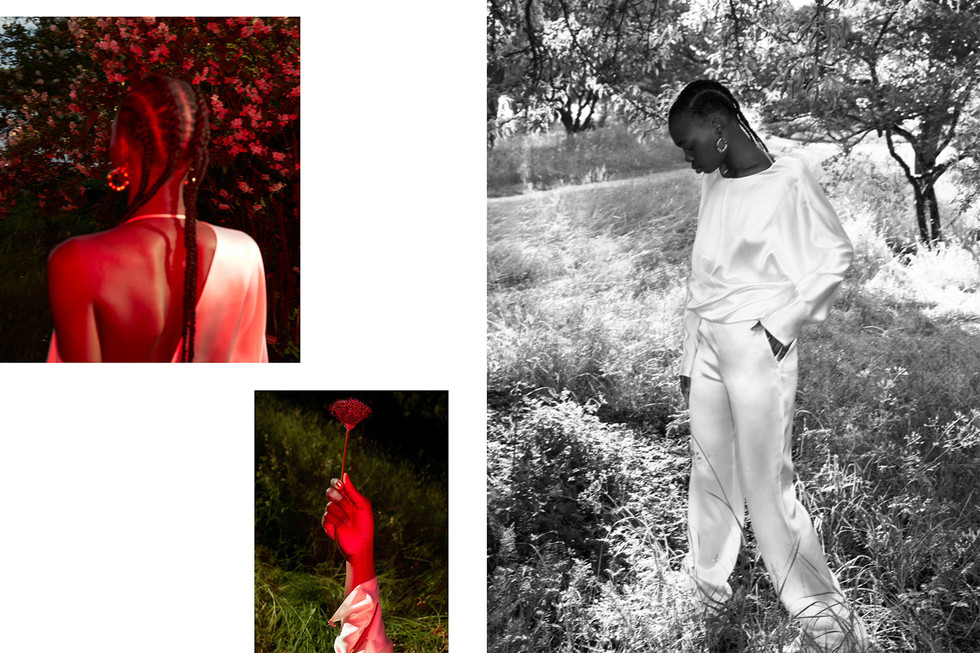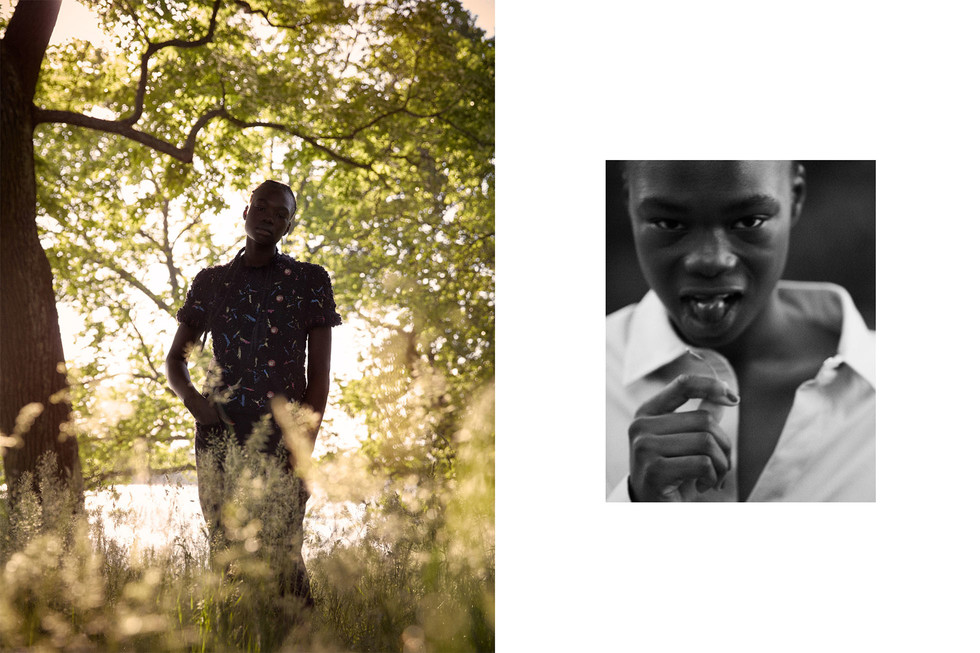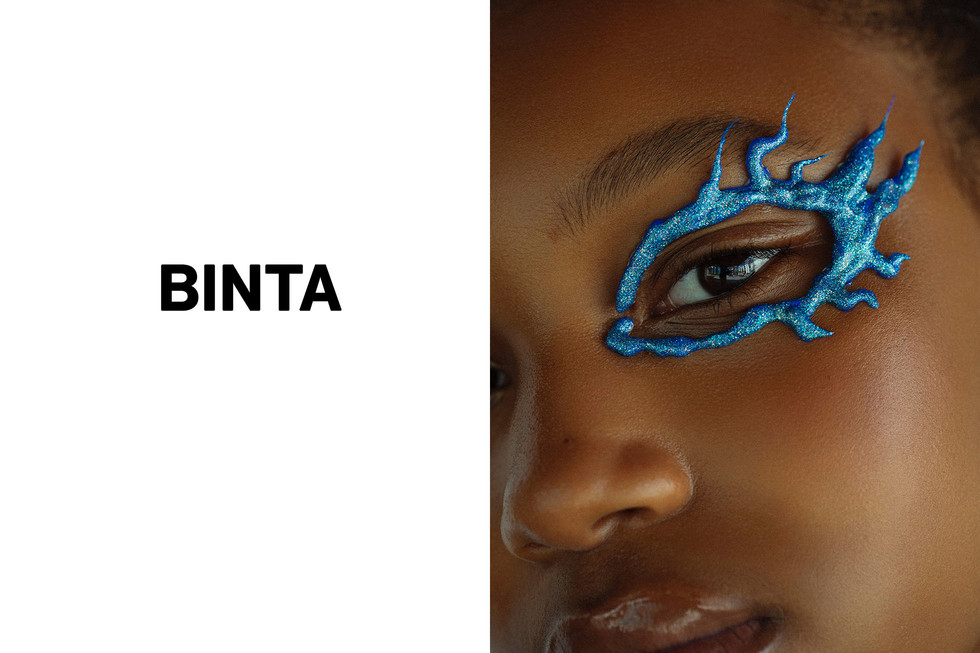
| photography by BEATA CERVIN / Acne make up JOSEFIN GOLAN model BINTA / Mikas |
| nailpolish ISADORA sugar crush, ocean crush & LONDONTOWN beau of the city brows GLOSSIER brow flick black |
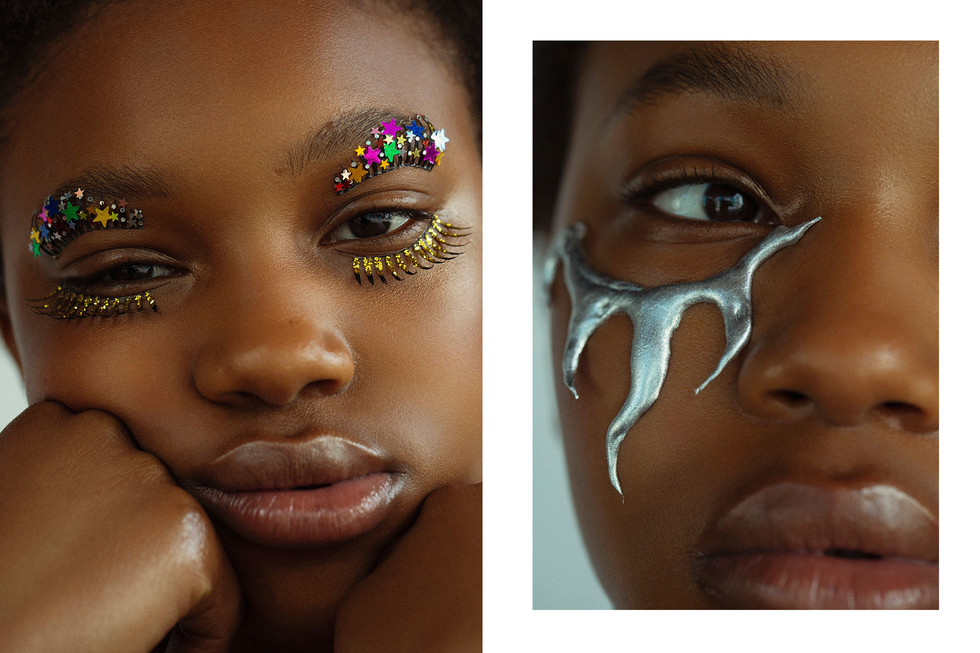
| lashes DEPEND COSMETICS rebecka stars PANDURO glitter MAC COSMETICS gold |
| nailpolish ESSIE après-chic |
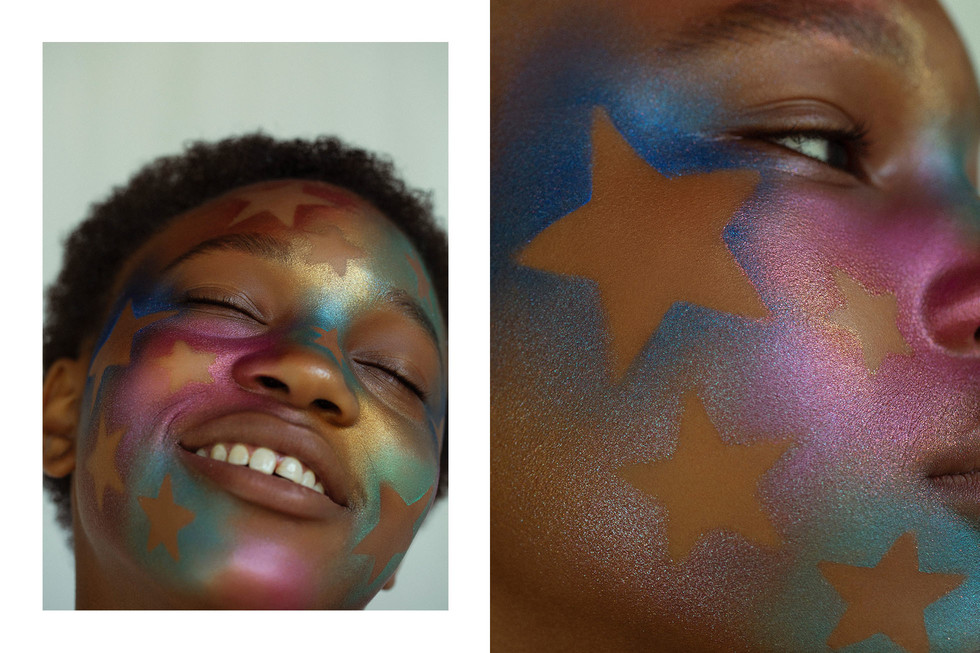
| pigment SUGARPILL COSMETICS & INGLOT COSMETICS |

| glitter MAKE UP STORE fire pigment SUGARPILL COSMETICS asylum eyeshadow SUGARPILL COSMETICS love lips MAC COSMETICS russian red & LAURA MERCIER cocoa nails H&M red carpet |
| aquacolor KRYOLAN green 11 glitter MAKE UP STORE northern lights |
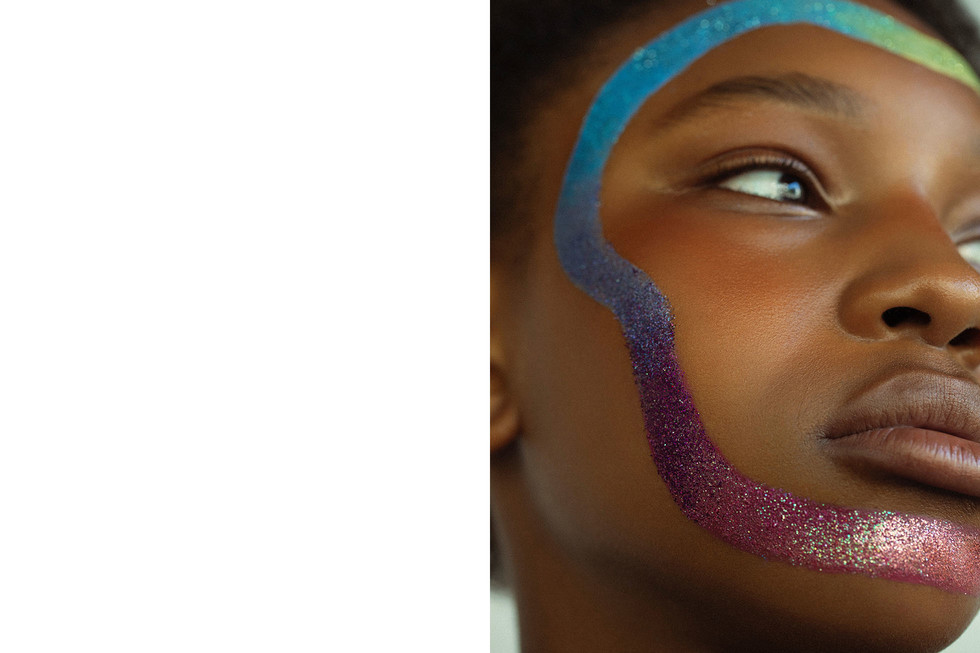
| cream color circle KRYOLAN multicolor glitter MAKE UP STORE, MAC COSMETICS & NYX COSMETICS cloud paint GLOSSIER dawn |


